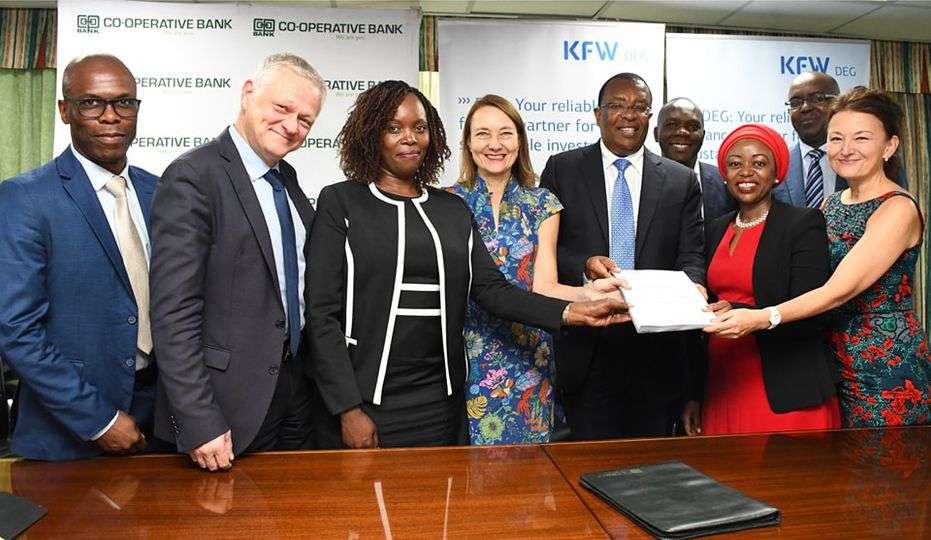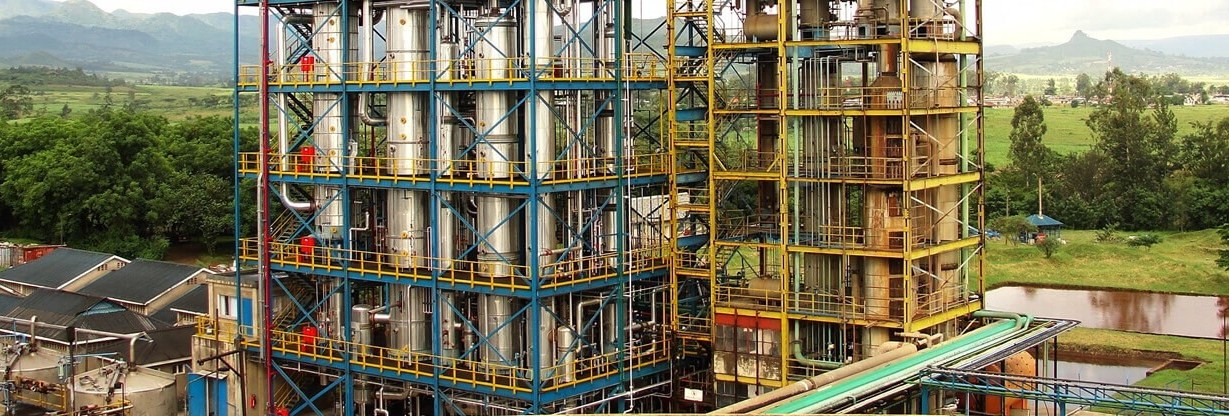Qimiao Fan, World Bank Country Director for Kenya, Rwanda, Somalia, and Uganda, warned of the potential consequences of reduced growth on job creation and poverty reduction. He underscored the importance of tackling corruption, addressing fiscal vulnerabilities, and improving the overall business environment to unlock Kenya’s economic potential
Kenya’s economic growth is expected to slow in 2024, with GDP now projected to grow at 4.7%, down from the 5% forecast in June, according to the World Bank. This revised estimate reflects a deceleration from the 5.6% growth recorded in 2023 and aligns closely with the country’s pre-pandemic average of 4.6% per year between 2011 and 2019.
The slowdown is detailed in the 30th edition of the Kenya Economic Update, which attributes the tempered growth to both structural and short-term challenges. While Kenya’s agriculture and services sectors remain resilient, their performance has weakened, with risks of further deceleration.
A tighter macroeconomic policy framework and declining private-sector confidence have emerged as significant constraints. Business sentiment had already been subdued before the Gen Z protests in June, while the April 2024 floods severely affected household livelihoods, particularly in urban areas, reducing private consumption. The industrial sector has also struggled, with weaker housing demand and high interest rates slowing construction activities.
Qimiao Fan, World Bank Country Director for Kenya, Rwanda, Somalia, and Uganda, warned of the potential consequences of reduced growth on job creation and poverty reduction. He underscored the importance of tackling corruption, addressing fiscal vulnerabilities, and improving the overall business environment to unlock Kenya’s economic potential.
Kenya’s fiscal constraints further complicate its economic outlook. With limited external borrowing options, rising domestic borrowing has driven up interest rates, crowding out private-sector credit. Interest payments now account for 5.3% of GDP, consuming nearly one-third of total revenues and grants. Although a projected primary surplus in FY24/25 offers some relief, high-interest payments continue to keep financing needs elevated.
The World Bank emphasized the need for equitable fiscal consolidation. This requires more efficient, transparent, and targeted spending to support service delivery, protect vulnerable populations, and reduce waste. Strategic revenue mobilization, fiscal discipline, and growth-oriented policies are critical to reducing debt vulnerabilities and fostering economic stability.
Inclusive growth remains a central theme in the report, with a special focus on women’s economic empowerment. The World Bank highlighted the transformative potential of empowering women to actively participate in and benefit from economic activities. This approach, the report argues, would not only boost productivity but also help alleviate socioeconomic pressures by creating more sustainable and equitable opportunities.





